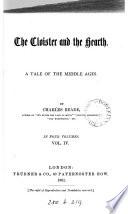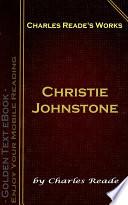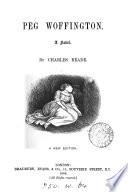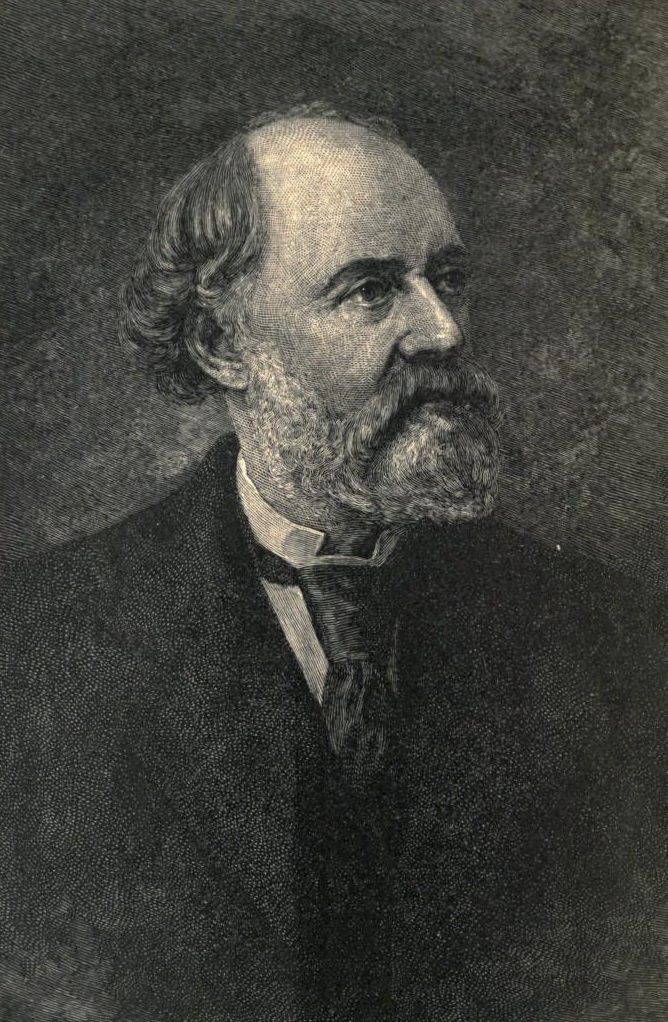Source: Christie Johnstone (1853), CHAPTER I.
Works

The Cloister and the Hearth
Charles Reade
Christie Johnstone
Charles Reade
Peg Woffington
Charles ReadeFamous Charles Reade Quotes
“When love and skill work together, expect a masterpiece.”
Source: Put Yourself in His Place (1870), CHAPTER V
Source: The Cloister and the Hearth (1861), CHAPTER I
“…even Christians loved one another at first starting.”
Source: The Cloister and the Hearth (1861), CHAPTER I
Charles Reade Quotes
Source: Peg Woffington (1853), CHAPTER I
“It must be confessed that a sort of halo of personal grandeur surrounds a great actress.”
Source: Peg Woffington (1853), CHAPTER I
Possibly a misattribution, ascribed to Reade in Notes and Queries (9th Series) vol. 12, 17 October 1903. It appears (as an un-sourced quotation) in Life and Labor (1887) by Samuel Smiles and in the front of The Power of Womanhood by Ellice Hopkins (1899) htm http://www.gutenberg.org/files/13722/13722-h/13722-h..
Apparently a common saying in 19th century. It has been also attributed to an “old Chinese proverb”, Ralph Waldo Emerson (1803-1882), William Makepeace Thackeray (1811–1863), George Dana Boardman (1828-1903), Frances Elizabeth Caroline Willard (1839-1898), James Allen (1864-1912), Marcus Fabius Quintilianus http://en.wikipedia.org/wiki/Quintilian http://www.worldofquotes.com/author/Quintilian-(Marcus-Fabius-Quintilian)/1/index.html and William James.
No original source has ever been isolated. Its structure strongly reflects that of a ""classical Chinese"" set of aphorisms; and it may have been deliberately constructed in that form, by a non-Chinese, to imply an oriental (and, perhaps, far wiser) origin.
Finally, almost all of those who cite the complete piece:
::We sow a thought and reap an act;
::We sow an act and reap a habit;
::We sow a habit and reap a character;
::We sow a character and reap a destiny.
state that, in their view, it was written to expand an embellish the notion that was expressed at Proverbs XXIII:7 (""For as he thinketh in his heart, so is he"").
Attributed
“Make 'em laugh; make 'em cry; make 'em wait.”
Advice given to an aspiring writer.
Attributed
“Courage, mon ami, le diable est mort! / Take courage, my friend, the devil is dead!”
Source: The Cloister and the Hearth (1861), CHAPTER XXIII
Source: The Cloister and the Hearth (1861), CHAPTER V
